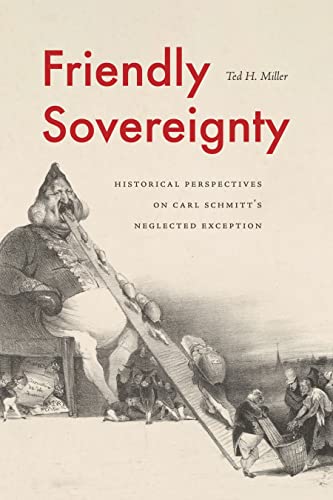

Most ebook files are in PDF format, so you can easily read them using various software such as Foxit Reader or directly on the Google Chrome browser.
Some ebook files are released by publishers in other formats such as .awz, .mobi, .epub, .fb2, etc. You may need to install specific software to read these formats on mobile/PC, such as Calibre.
Please read the tutorial at this link. https://ebooknice.com/page/post?id=faq
We offer FREE conversion to the popular formats you request; however, this may take some time. Therefore, right after payment, please email us, and we will try to provide the service as quickly as possible.
For some exceptional file formats or broken links (if any), please refrain from opening any disputes. Instead, email us first, and we will try to assist within a maximum of 6 hours.
EbookNice Team

Status:
Available4.7
29 reviewsTed H. Miller challenges the view of sovereignty propounded by Carl Schmitt, the Weimar and Nazi–period jurist and political theorist whose theory undergirds this understanding of sovereignty. Claiming a return to concepts of sovereignty forgotten by his liberal contemporaries, Schmitt was preoccupied with the legal exceptions required, he said, to rescue polities in crisis. Much is missing from what Schmitt harvests from the past. His framework systematically overlooks another extralegal power, one that often caused consternation, even among absolutists like Thomas Hobbes. Sovereigns also made exceptions for friends, allies, and dependents. Friendly Sovereignty plumbs the history of political thought about sovereignty to illustrate this other side of the sovereign’s exception-making power. At the core of this extensive study are three thinkers, each of whom stakes out a distinct position on the merits and demerits of a “friendly sovereign”: the nineteenth-century historian Jules Michelet, the seventeenth-century political philosopher Thomas Hobbes, and Seneca, the ancient Stoic and teacher of Nero.
Analytically rigorous and thorough in its intellectual history, Friendly Sovereignty presents a more comprehensive understanding of sovereignty than the one typically taught today. It will be particularly useful to scholars and students of political theory and philosophy.